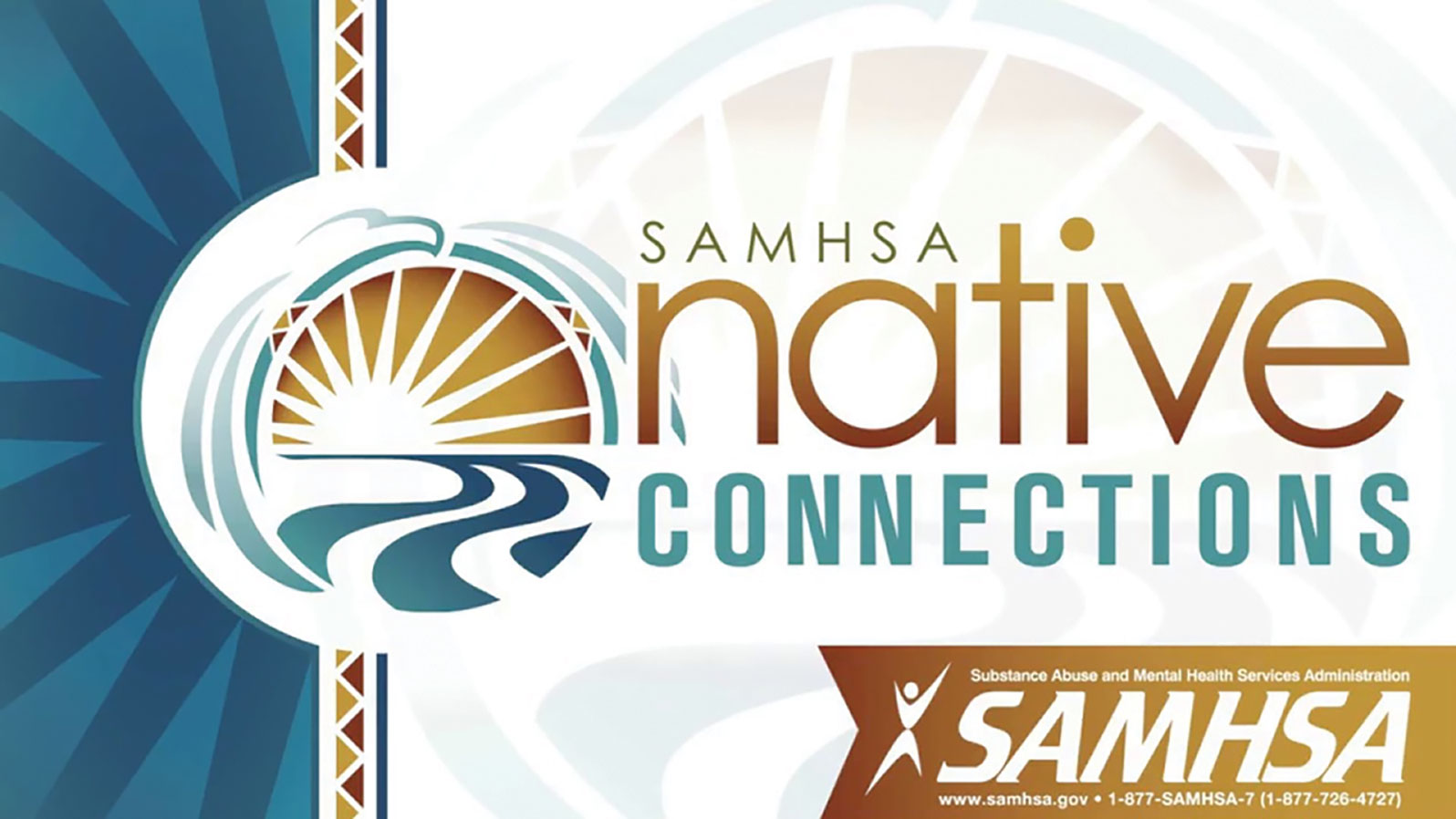This issue we want to point the community to an event and remind everyone of resources available to the community.
In recognition of International Overdose Awareness Day, Aug. 31, Southern Ute Behavioral Health is holding an awareness walk. Please join us on Friday, August 30 (a day before the official awareness day) at 12 p.m. at Ute Park to walk for your friends and relatives who struggle against addiction and stigma. Stigma is a tough nut to crack. Slowly reducing stigma requires all of our voices and actions.
Part of understanding overdose is understanding addiction. For example, if someone was prescribed opioids and used them for a long time such as for pain (a situation that one of my family members has been in), they can’t just stop. The person gets dependent on the drug because the brain adapts. There are medications to help with the process of getting off opioids.
As for other substances, many people turn to them just to be able to get through their days. In other words, we must understand that this addiction is linked to deep suffering. We know and understand better now that trauma, and especially intergenerational trauma, such as occurred at boarding schools, damages the nervous system and its ability to handle things in a typical way. For example, if we think of war veterans who return severely traumatized, they can’t just snap back into their previous life because their nervous systems are “fried” so to speak.
Individuals who have gone through great suffering experience something similar. Oftentimes, substances are the only things that can help them function and “quiet” their flashbacks.
This is why we need to treat those in recovery and those who are at risk of overdose with compassion.
As my colleague, Marvina Olguin (peer recovery coach) says: “For some, addiction still isn’t talked about. It’s swept under the rug. But addiction is here. We’ve lost a lot of community members to it. In fact, death and substance use disorder have become common enough that there’s starting to be a sense of normalcy around it. And we can’t change that until we start having conversations about addiction and stigma. So, we’re trying to change the perception of people who don’t use substances while also informing those who do know about resources that are available to them.”
Help us in this work and spread the word about the awareness walk. #togetherwecan
Here’s to your good health!
It’s okay not to feel okay
If you or someone you know has been struggling with their emotions, behaviors, or substance use please reach out to us. We can help you find appropriate tools and services that could help you overcome obstacles in your life. We are here for you. Please contact the Southern Ute Behavioral Health Division at 970-563-5700 for more information or to set up an appointment to see a counselor or therapist.
Reminder: If you need to talk to someone, please reach out.
And for those interested in opioid use education, harm reduction, and support, please contact us for quick Naloxone (Narcan) training and fentanyl test strips. We can schedule individual, family, or friends training times at our Southern Ute Behavioral Health Building, or we can come to you, and the training is around 30 minutes. Please call us at 970-563-5700 to set up a training appointment.

